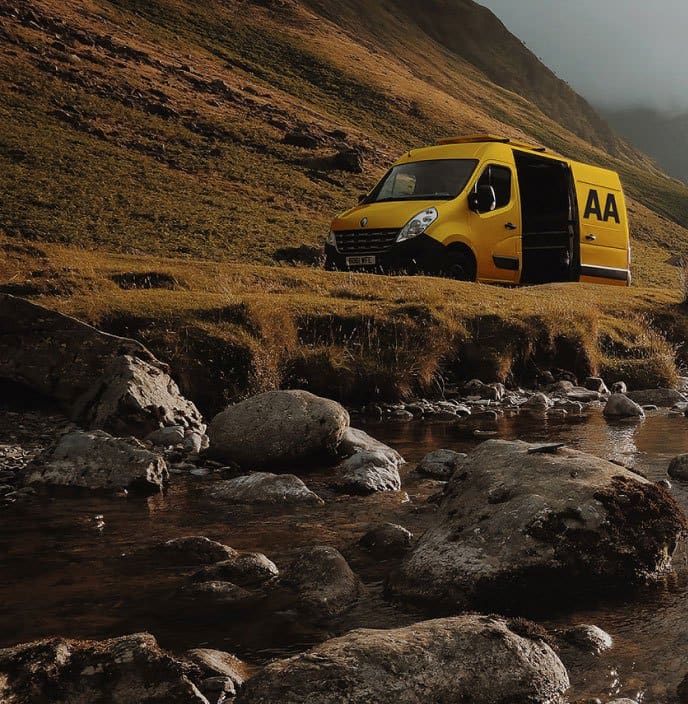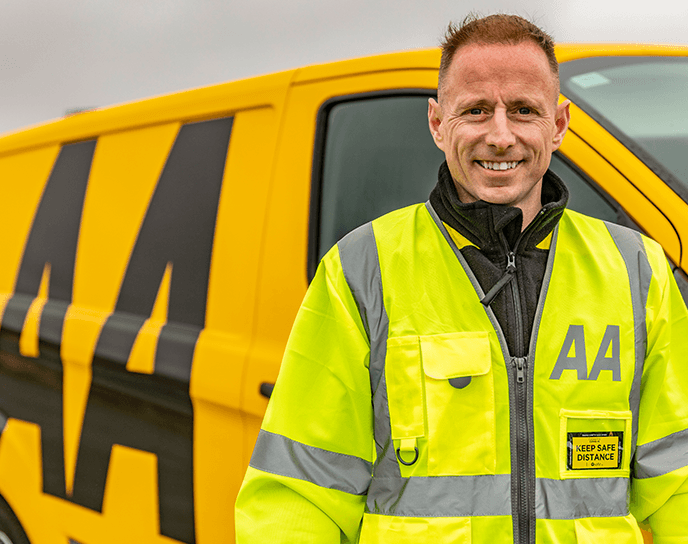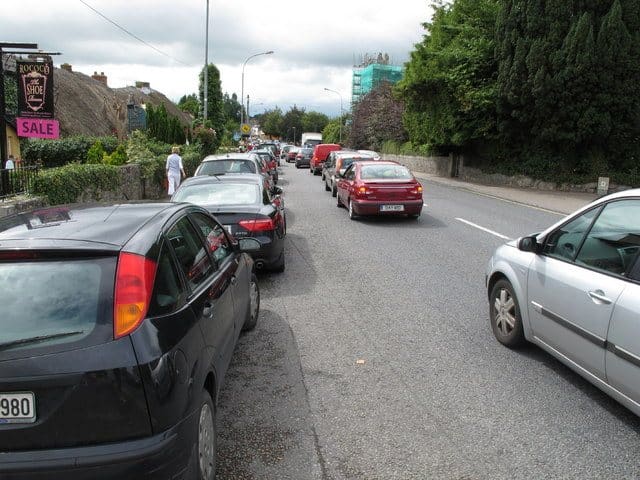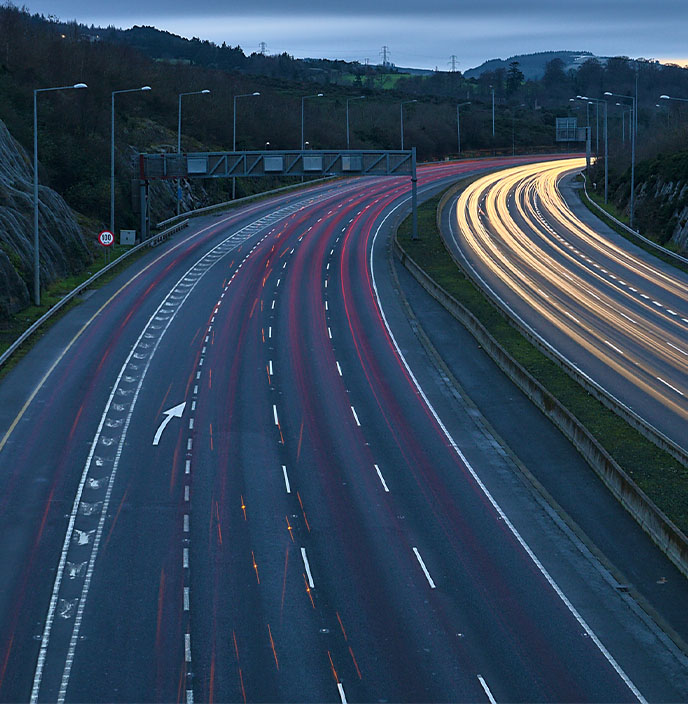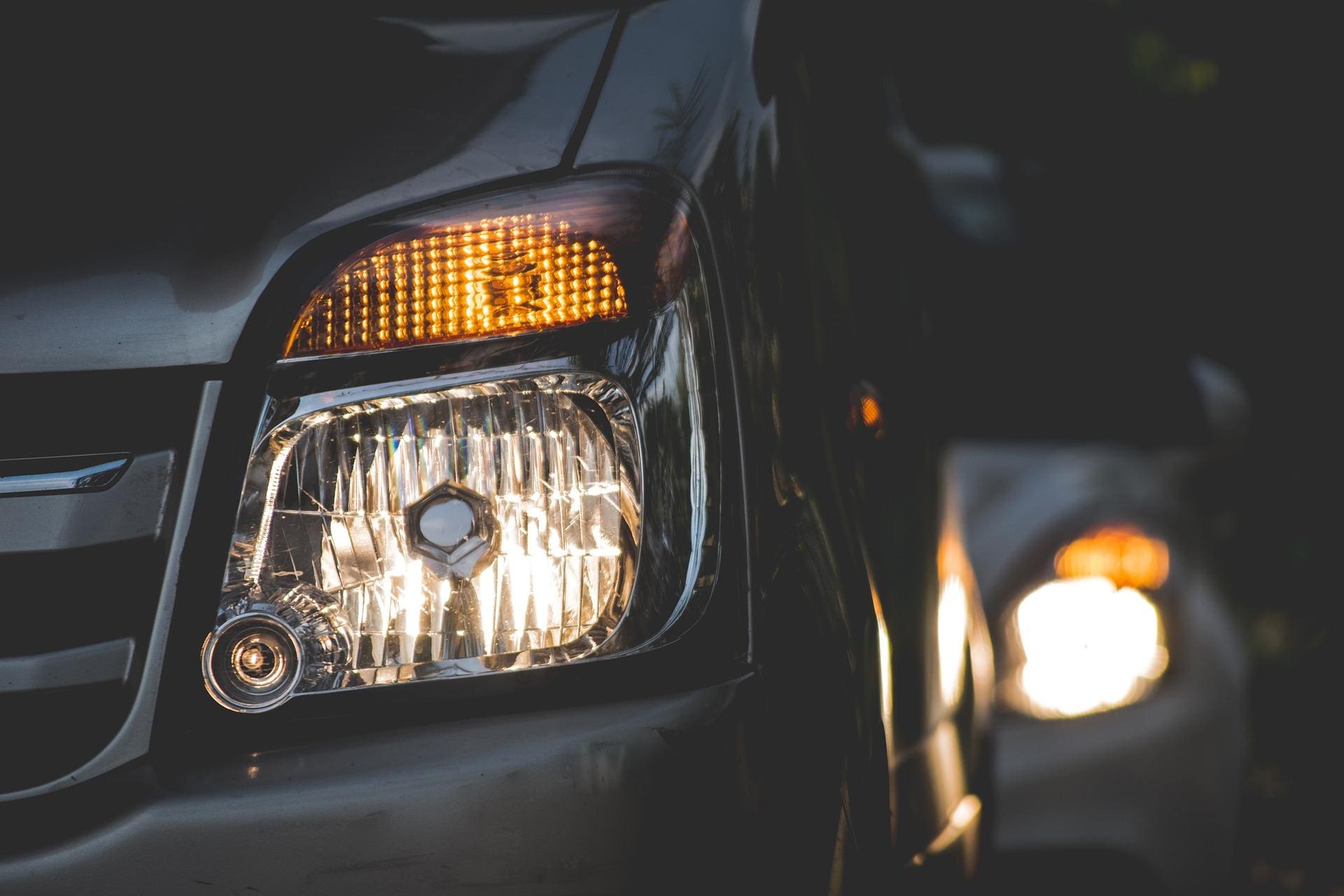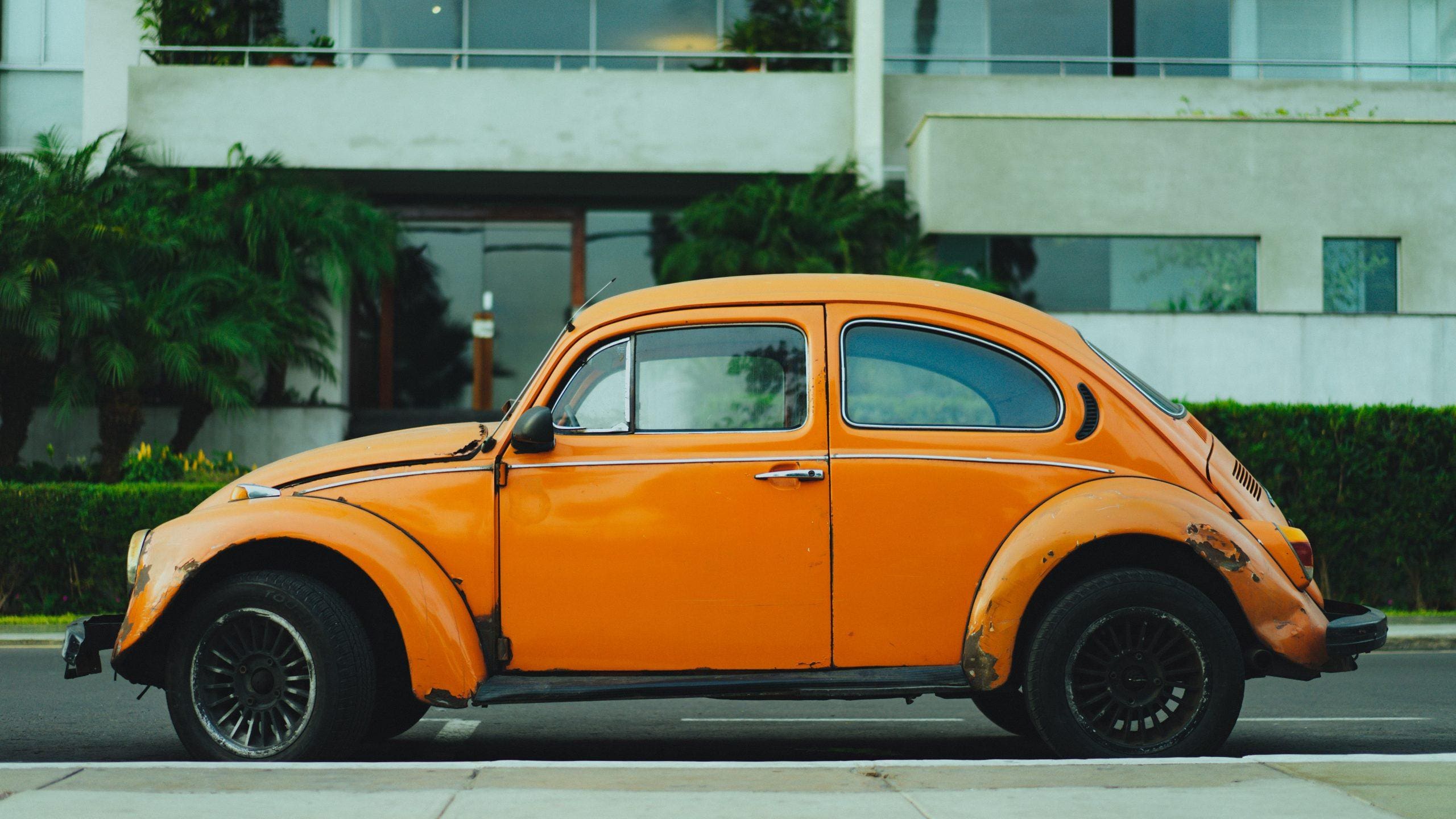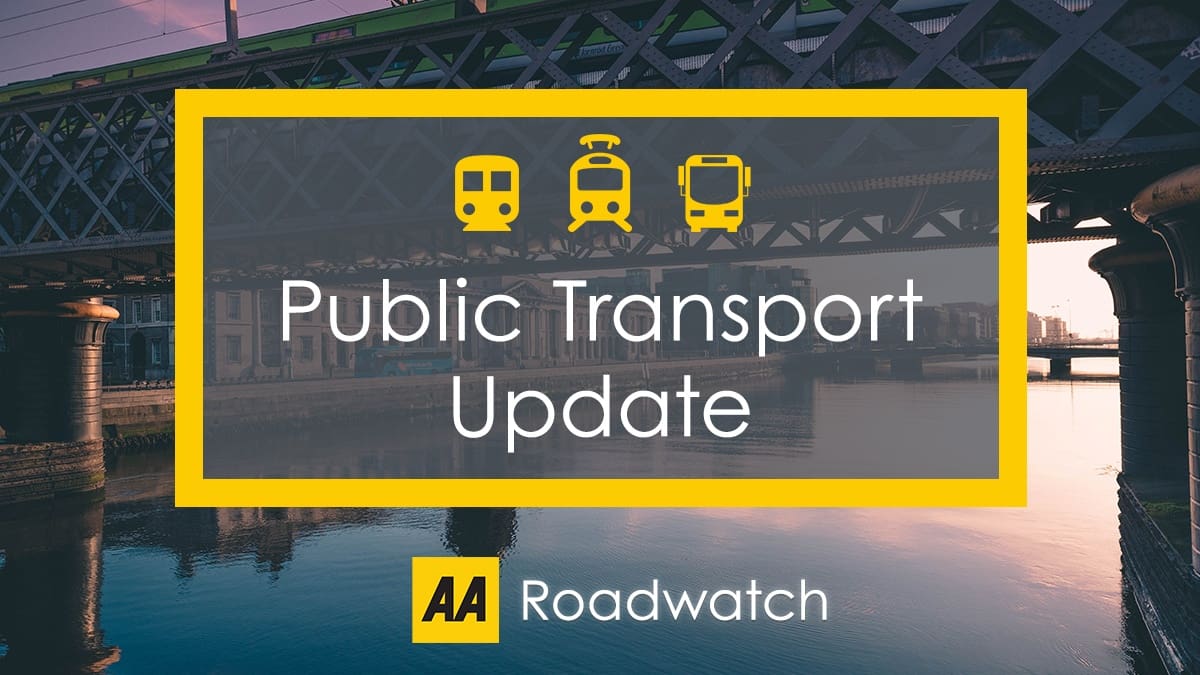It may sound funny, but the Dutch Reach is a road safety technique that could save lives.
‘Dooring’ occurs when a cyclist travelling close to a parked car is hit by or crashes into a car door that has been opened by a careless driver or passenger. In the Netherlands – a country where cycling is deeply ingrained in the national culture – they have developed a particular technique for avoiding it.
While most of us open the door with our nearest hand, Dutch drivers are taught to open it with their far hand. This forces them to look in the mirror and over their shoulder as they twist to reach across their body for the handle, automatically alerting them to oncoming cyclists. It also means they are less likely to let the door swing open dangerously. The technique has been common practice in the Netherlands for over 50 years, and it’s even part of the Dutch driving test.
Dooring is no small problem. In the UK, there were 474 reported incidents in 2015 caused by a “vehicle door being opened or closed negligently”, according to the British Department for Transport, and it’s probably safe to assume that many more went unreported. (Figures for Ireland are unavailable). Then in 2016, British Transport Secretary Chris Grayling was himself involved in a dooring incident, bringing the issue under the spotlight in the UK.
Now calls are growing outside the Netherlands for the technique to be taught to new drivers, led by the UK’s Royal Society for the Prevention of Accidents (RoSPA). As the number of cyclists on Irish roads continues to increase, perhaps it’s time we introduced it here. Why not try it the next time you’re getting out of your car? And no matter which hand you use, you should always glance both ways out the window for nearby cyclists and pedestrians before opening the door at the roadside.
As lockdowns begin to ease and we all spend more time outdoors, the numbers of pedestrians and cyclists on the roads are likely to increase further. If you’re driving, you can see our post here for how to safely share the roads with more vulnerable road users.
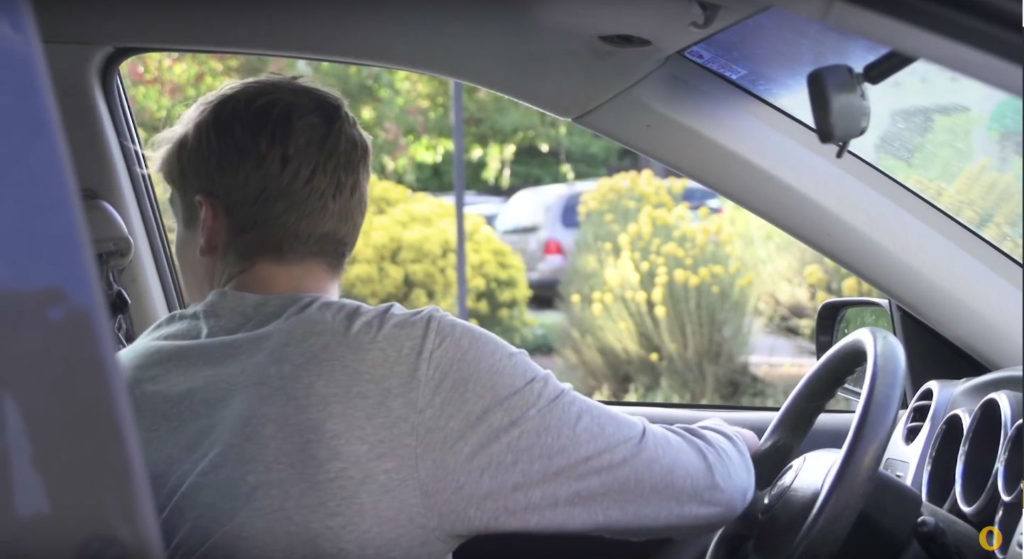

AA Roadwatch


